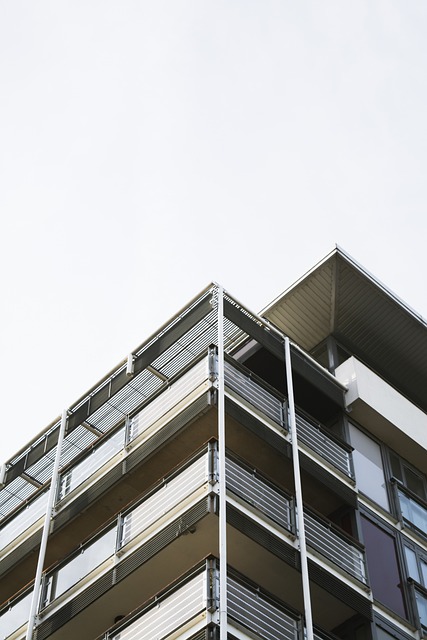
When you’re purchasing a condominium, it’s easy to assume that the need for a private inspection is optional—or even unnecessary. After all, many condos are located in large, well-maintained buildings with active management companies and HOA (Homeowner Association) oversight. But this is exactly where buyers often misstep. A private home inspection is one of the most valuable tools you have as a buyer, even in a condo purchase. Here’s why:
1. Interior Systems Are Your Responsibility
In most condominium associations, the HOA is responsible for the exterior and shared elements—things like the roof, common hallways, and grounds. However, anything inside the walls of your unit is typically your responsibility. That includes plumbing, electrical wiring, HVAC systems, windows, appliances, and more. A private inspector will thoroughly examine these components to ensure they’re safe, functional, and up to code—something an HOA or seller’s disclosure won’t fully address.
2. New Doesn’t Always Mean Perfect
Even brand-new condo units can have defects. Construction shortcuts, improperly installed systems, or overlooked safety issues happen more often than most people think. A professional inspection provides a second set of eyes—trained to find hidden issues that aren’t obvious to buyers or even the builder’s representative. Wouldn’t you rather know now than be surprised six months after moving in?
3. Peace of Mind & Negotiation Power
Knowing the true condition of your future home is empowering. An inspection can uncover minor maintenance issues or major red flags. Either way, it gives you clarity and the chance to negotiate repairs or price adjustments before closing. Without it, you’re buying blind—and that’s never a smart investment strategy.
4. You’re Not Just Buying a Unit, You’re Buying Into a Building
While your private inspector won’t inspect the entire building, they will often note signs of potential problems that could suggest wider issues—such as water damage from roof leaks, poor ventilation, or noise transmission between units. These observations can prompt you to ask deeper questions about the building’s history and reserve funds, helping you assess the long-term costs of ownership.
5. HOA Doesn’t Cover Everything
A strong HOA is a good sign, but it doesn’t guarantee that your individual unit has been properly maintained. Sellers aren’t always aware of all the underlying problems—or might not disclose them. A private inspection is your safety net.
Final Thoughts
Condominiums offer convenience and community—but that doesn’t mean you should bypass the critical step of a private inspection. It’s one of the most affordable forms of insurance you can get during the buying process, and it protects your investment and your peace of mind. Whether it’s your first home or your fifth, the smart move is always the same: get it inspected.

